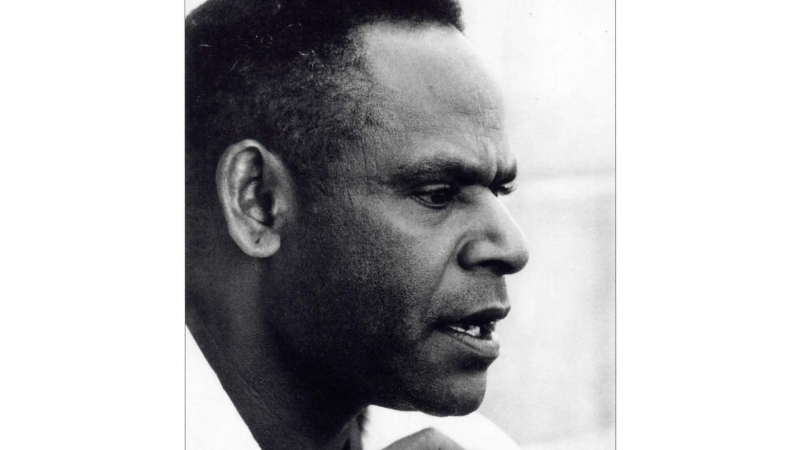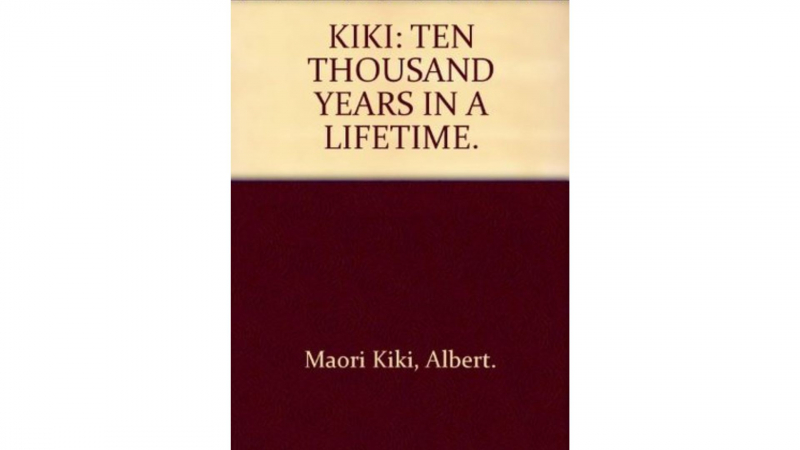Sir Albert Maori Kiki
The next name in the list of the most important historical figures in Papua New Guinea is Albert Maori Kiki. Sir Albert Maori Kiki (21 September 1931 – 13 March 1993) was a Papua New Guinea politician. He was one of the founding members of the Pangu Party, which called for New Guinea to have "home rule leading to eventual independence."
He was raised in the London Missionary Society's church as a practicing Protestant after being born in the Kerema area on the coast of Papua. Dr. John Gunther, Director of Health, had chosen a limited number of bright students to study medicine at the Suva Medical School, and Albert was one of them. He changed his studies to become a pathology technician when he failed his medical examinations and was likely to be called back. Kiki started her studies at the Administrative College in Port Moresby in 1964 in order to earn a qualification as a laboratory technician. While there, he became a member of the "Bully Beef Club," a select group of politically astute students who met to discuss the nation's political future. He was already widely recognized for being an ardent supporter of political equality and advancement for his people, and his criticisms of Australian colonial practice and policy immediately provoked opposition to early home rule.
Kiki ran in the House of Assembly elections in 1968 but lost. He was chosen to serve in the Port Moresby Town Council in 1971 and did so through 1973. In the first post-independence government, also led by Somare, he served as deputy prime minister (1975–77), minister for defense and foreign relations (1975–77), and minister for lands and the environment (1972–75) after being elected to the House of Assembly in 1972. He was appointed KBE in 1975.







